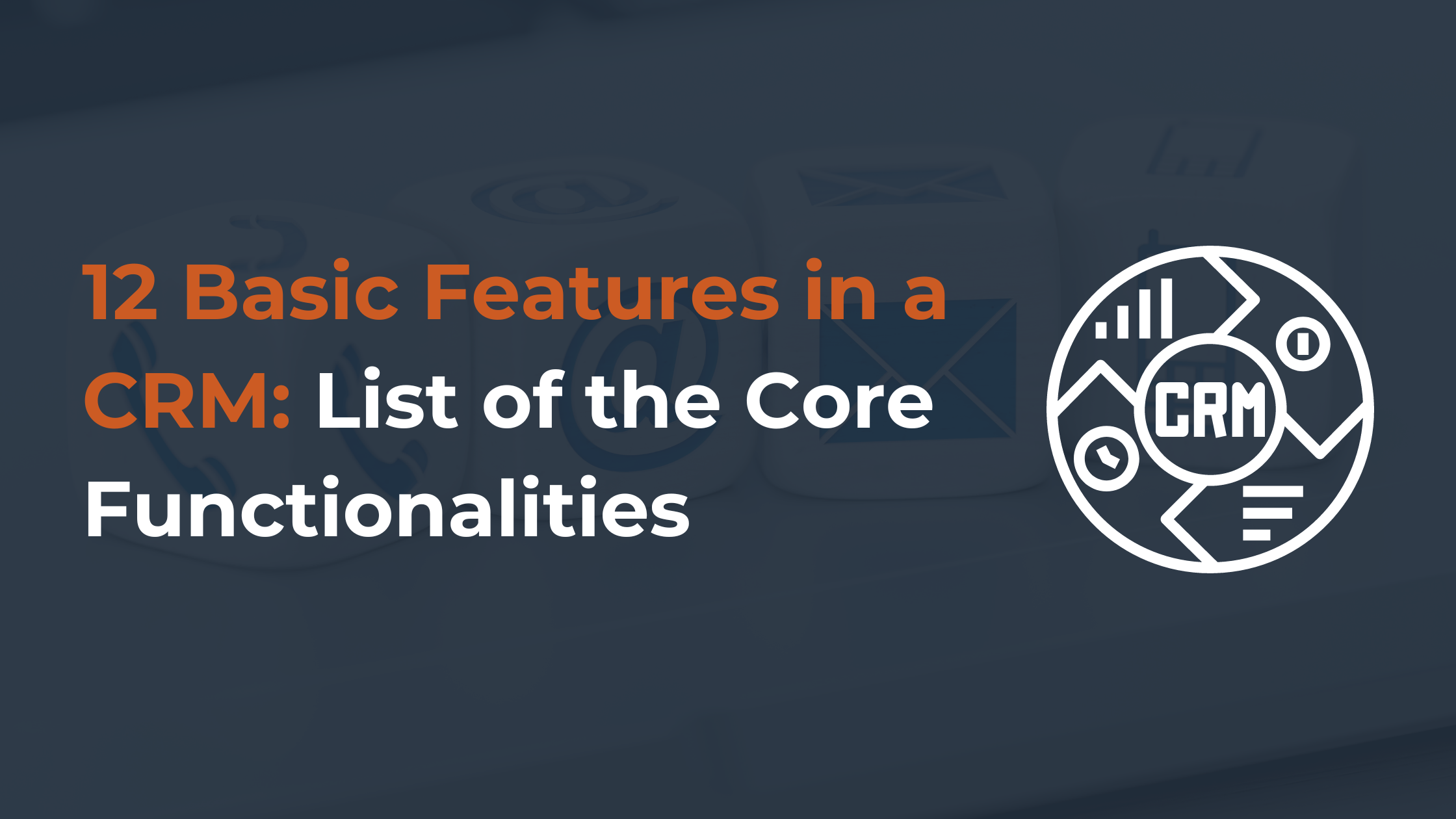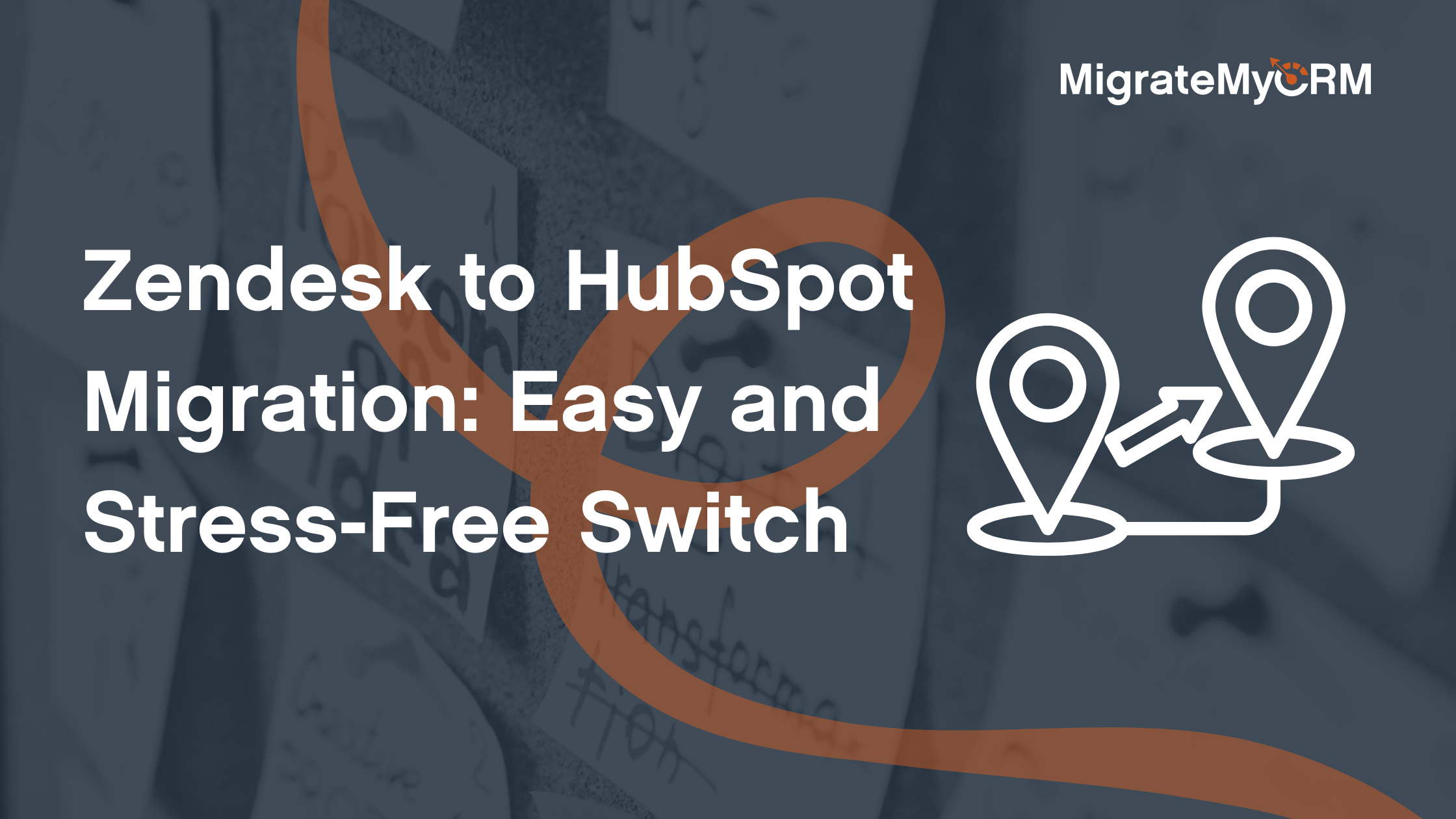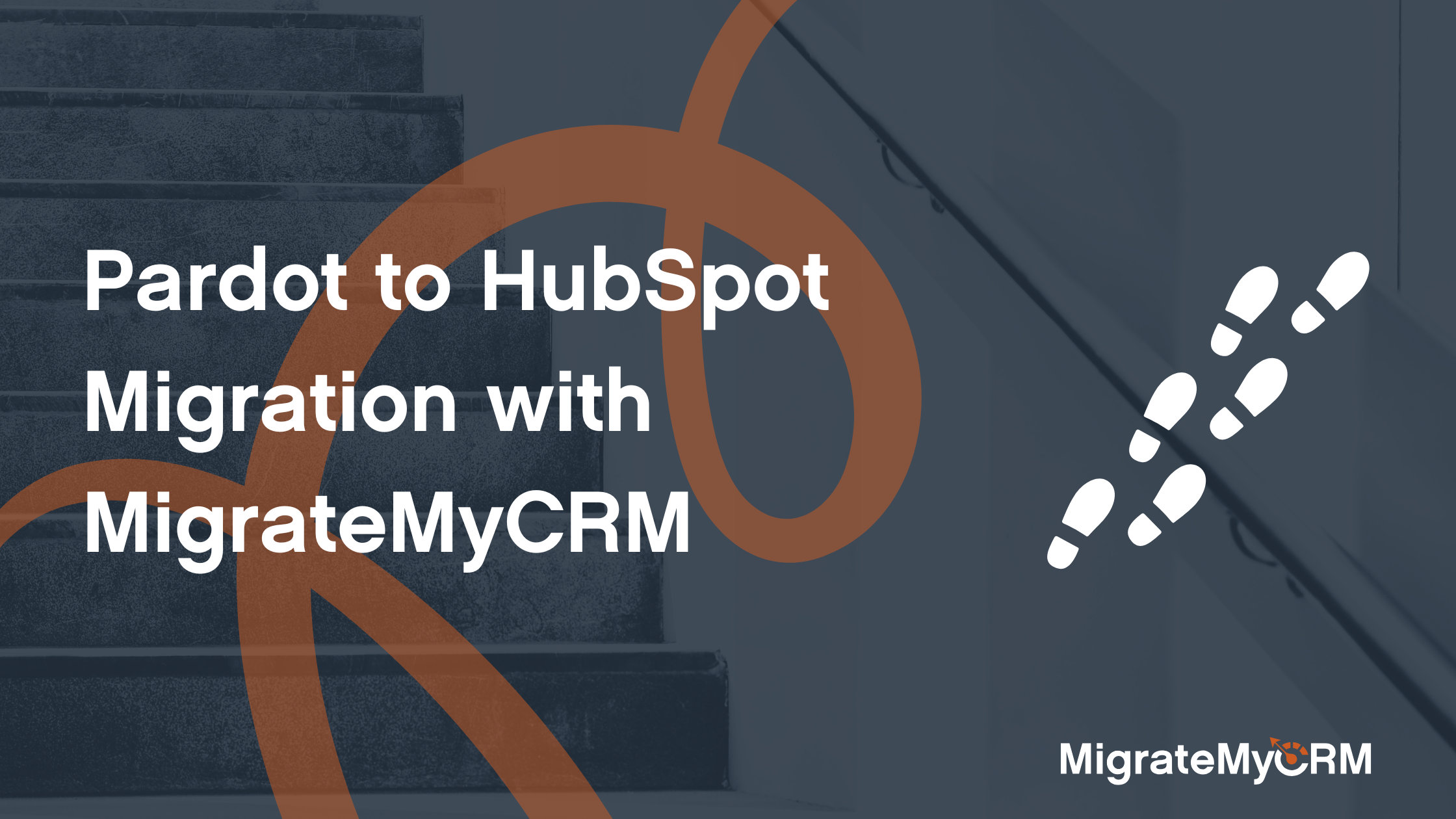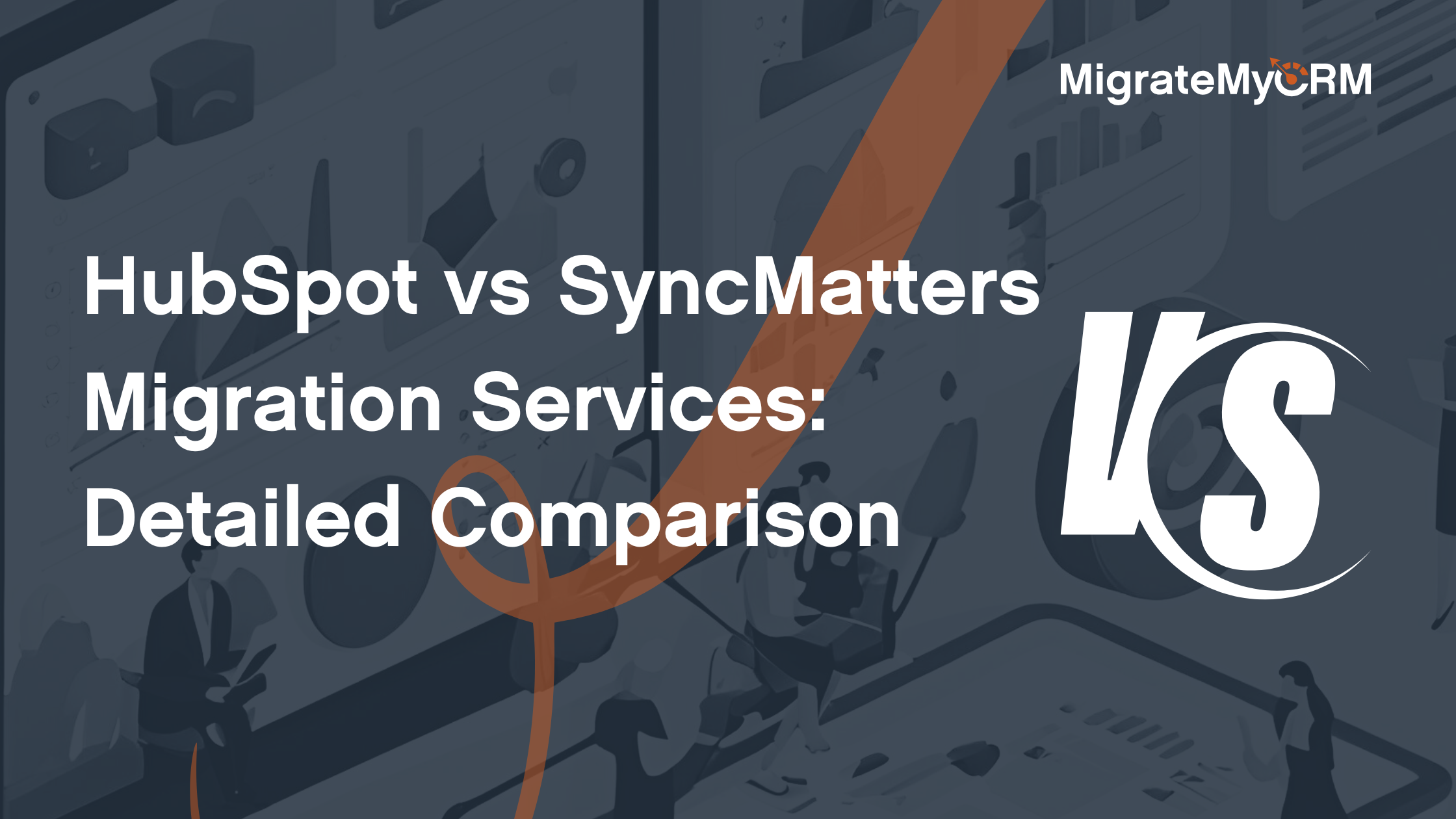As more clients search for the products or services that can easily meet their needs, the business owners find it necessary to personalize the interactions to stay on top of the competition.
According to this Forrester study, 72% of the individuals stick to the point that “time is the most important thing that a company can do to provide them with good service.” Fortunately, even with a huge customer base, the organizations can keep tab of client engagements thanks to CRM systems.
With so many options of the solutions on the CRM market, the process of choosing the right one to fit your company requirements can be a challenging task. So, your first step should be investigating and analyzing the main basic features in CRM.
After knowing the core CRM capabilities, you can easily start surfing in the web to find the platform that can satisfy the specific business demands. Let’s go over the main CRM features and tools to help you simplify the procedure of selecting the dream solution.
Basic Features in CRM: Guide to Must-Have Functionality
If you want to gain a better understanding of CRM and the definition of its many aspects, it is recommended to dive deep in the variety of key features. Many reports indicate that 30%-60% CRM implementation projects fail or can’t serve as expected. And the critical reasons behind this problem are:
- lack of product insight;
- undefined business objectives;
- shortage of user adoption and training.
As you can see, the top reason of the CRM implementation failure is lack of understanding the platform which means falling short of knowledge about basic features in CRM. Check out 12 capabilities that can help you choose CRM easier and faster:
#1 Contact Management
It is one of the most important basic features in CRM that enables you to collect and organize the clients’ data efficiently. Since CRM provides you with a complete picture of all prospects, track the leads as it progresses through the sales pipeline, manage the customer profiles, interaction history, purchases, etc.
#2 Quote and Order Management
When the potential client gets interested in buying your product or service, the sales manager creates a quote with all details. After the client agrees to purchase it with the specified price, the order is generated. If not, the sales rep cancels the quote or revise it to meet the prospect’s demands. CRM solution automates this procedure for your company and enhance sales visibility, as well as improves the customer relationships.
#3 Opportunity Management
When you qualify the prospects as a lead, it becomes an opportunity. Consequently, it is potential revenue generating contact or account. In case the company skips nurturing the contacts or accounts in the right way, you can lose selling an opportunity. Manage and monitor the sales funnel effectively and provide significant information to complete the sales process with the help of opportunity management.
#4 Sales Automation
Being one of the vital capability between the CRM features, sales process automation can easily boost the sales functionality to standardize the company workflow. It reduces the human mistakes, makes the sales cycle shorter and cultivates the lead to customer conversion ratio.
#5 Sales Forecasting
It is well-known that a large part of the client relationship management is to indicate a metric for success. The forecasting allows knowing a benchmark that enables you to determine whether the results are actually on par with your efforts. Use this information to indicate where you require to direct the future attempts.
#6 Task Management
In order to serve your customers more efficiently, the suggestion is to manage the employees better in the first place. When the client’s request is pending for a long period of time because your colleges are confused who should work on it, the process of improving the customer experience can get challenging. Hence, adding and completing tasks within time and budget is important in your successful business strategy. Automate the task management process with CRM by assigning tasks among your workers based on the skills, availability, and so on.
#7 Analytical Tools
Data is only valuable when you have a possibility to refine the information into something actionable. Get advantage of the CRM reports and dashboards to mine and analyze the info. This can help making the clear and understandable conclusions to make the future decisions that can improve the business processes.
#8 Customization Choices
Since your company has specific requirements, your customers obtain the specific needs too. Thus, there is no much sense for your organization to use a platform that can’t be customized to suit the unique business environment. Look for a flexible CRM solution that lets you sync with the operating systems, provides you with full control over what kind of data is being processed, etc. Keep in mind, your solution should be working for your benefit, not the other way around.
#9 Case Management
For improving the customer satisfaction levels, your task is to manage each client individually. Case management is one of the basic features in CRM that lets you track, close, or reopen the existing cases, as well as use any confidential information in a secure environment.
#10 Integration Functionality
The opportunity to integrate with other external applications is another core feature of CRM software. It helps your company observe the real-time data in CRM from various systems, and extend the platform’s possibility to fit the business needs better.
#11 Mobility Option
Almost every company requires to access the customer information outside the office or on the go. CRM with the mobile compatibility provides you with an ability to access the data anytime and anywhere.
#12 Training and Ease to Learn
Since every CRM system has the different learning curve, it is important to equip your employees with the training materials to make the product more usable. Take advantage of the built-in ‘Help’ functionality to navigate your employee step-by-step to better adapt to the new platform.
Move to Your Perfect CRM
As you can see, the above-mentioned basic features in CRM are directed to improve customer relationships, team performance, and business processes. So, if you feel your current platform lacks any of the core capabilities, your next task is to find the desired solution and move the CRM data from the existing CRM system to the new one. In this case, you can use an automated migration service like MigrateMyCRM. This SaaS platform enables you to benefit with easy-to-use interface and the following functionality:
- guaranteed security of the records and an opportunity to sign the Non-Disclosure Agreement (NDA);
- detailed fields and users mapping to satisfy the business requirements;
- free Sample Migration to explore how the service works;
- no interruptions of the company processes during the import;
- run the transfer over by using Migration Insurance in case you want to make any changes.
Now, when you are certain about your future CRM platform and migration tool, you can launch and complete the data import in just a few clicks:
- Register for an account at MigrateMyCRM and sign in.
- Provide the existing and future CRM access credentials.
- Choose the entities you want to transfer, map the fields and start a free Demo.
- Satisfied with the test results? Run the CRM data migration.
To Sum Up
Even though CRM platforms pile on the bells and whistles in an effort to attract the clients, the reality is that there are a few basic features in CRM that have most of the impact on your organization. While analyzing and examining your choices for the solution. Focusing on these capabilities can prevent you from being distracted by tools that, while interesting or even promising, will not do the CRM heavy lifting your company demands now.
If you want to try out a new CRM solution, you can do that by importing some amount of your data into the desired platform by running a free Sample Migration.
Don't wait up, start using a CRM solution today!





